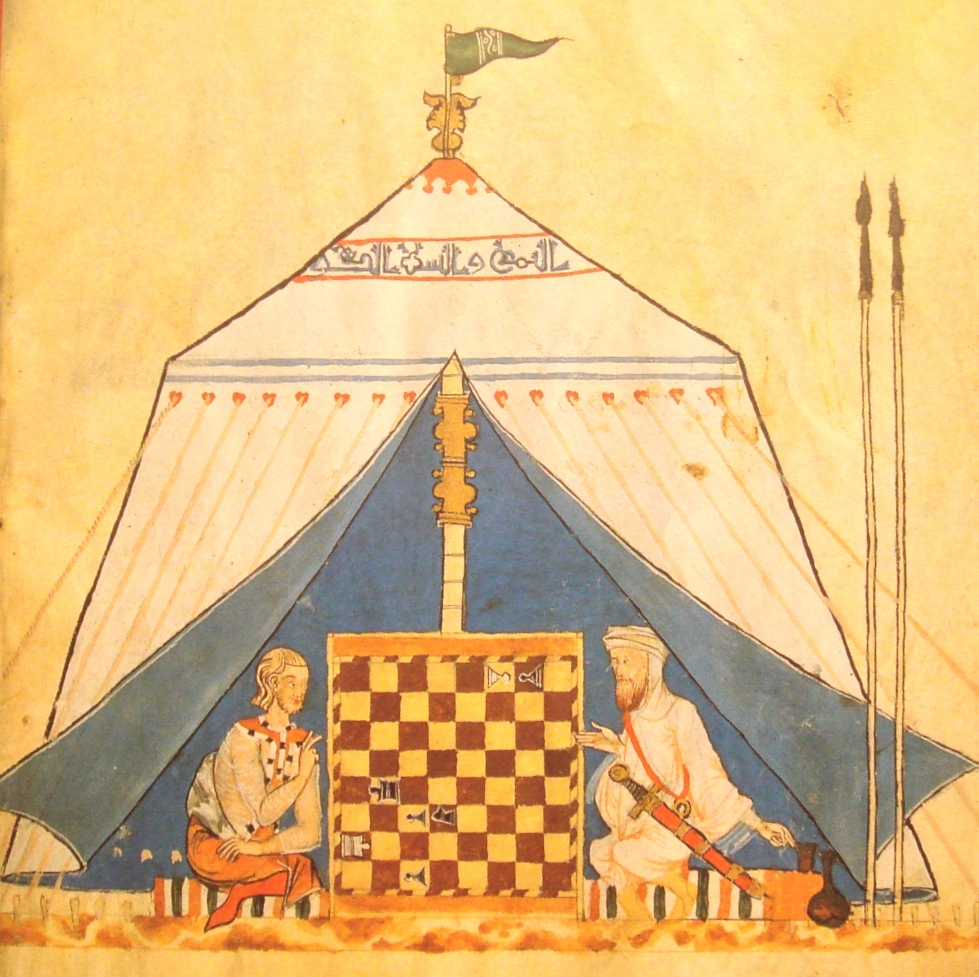What is the Arabic for zoon politikon? Ethics and politics in Ibn Tufayl (d. 581/1185)
DOI:
https://doi.org/10.54103/2035-7362/17829Keywords:
Aristotle, zoon politikon, Ibn Bajja, Political UtopiaAbstract
Prevailing academic views on Ibn Tufayl’s Hayy b. Yaqzān (Living, the Son of Wakeful) fall into two camps: either the work is a realistic look at an isolated human being amidst a morally bankrupt population and harks back to the teachings of Plato’s Republic, or it portrays a pure and abstract ideal of the spiritual life in the footsteps of the natural first man, and insists on the moral imperative of isolation.
The difficulty with both interpretations is that they preclude any possibility of happiness for the human person or the philosopher living in a society. In other words, they tend to interpret Hayy b. Yaqzān as an attempt to demonstrate that the human is not essentially social or political. However, the intellectual and spiritual perfection sought through isolation cannot, in my opinion, be separated from a practical purpose. The isolation of the philosopher is not undergone to distinguish himself from imperfect human societies. On the contrary, such isolation is undertaken in order to lead one to a higher, and properly practical accomplishment.
On this basis, I argue in this paper that Ibn Tufayl’s man is comparable to the Aristotelian ζῷον πολιτικόν. Through a comparison of Ibn Tufayl’s Hayy and Aristotle’s ζῷον πολιτικόν we shall see how Ibn Tufayl reuses the Arabic social/political animal (hayawān insī or madanī) of al-Fārābī and transposes it from the domain of the city to that of the individual. By analysing some key passages, it becomes possible to illustrate how the concept of ζῷον πολιτικόν has entered Arabic philosophy, and particularly in Ibn Tufayl’s conception of man through the lenses of al-Fārābī’s virtuous and Ibn Bājja’s solitary man.
Downloads
Downloads
Published
How to Cite
Issue
Section
License
Copyright (c) 2022 Doctor Virtualis

This work is licensed under a Creative Commons Attribution 4.0 International License.
Authors who publish in this journal accept the following conditions:
a. Authors retain the rights to their work and assign to the journal the right of first publication of the work, simultaneously licensed under a Creative Commons - Attribution License that allows others to share the work indicating intellectual authorship and first publication in this journal.
b. Authors may enter into other non-exclusive licensing agreements for distribution of the published version of the work (e.g., deposit it in an institutional repository or publish it in a monograph), provided they indicate that the first publication was in this journal.
c. Authors can disseminate their work online (e.g., in institutional repositories or on their own website) before and during the submission process, as it can lead to productive exchanges and increase citations of the published work (See The Effect of Open Access).





